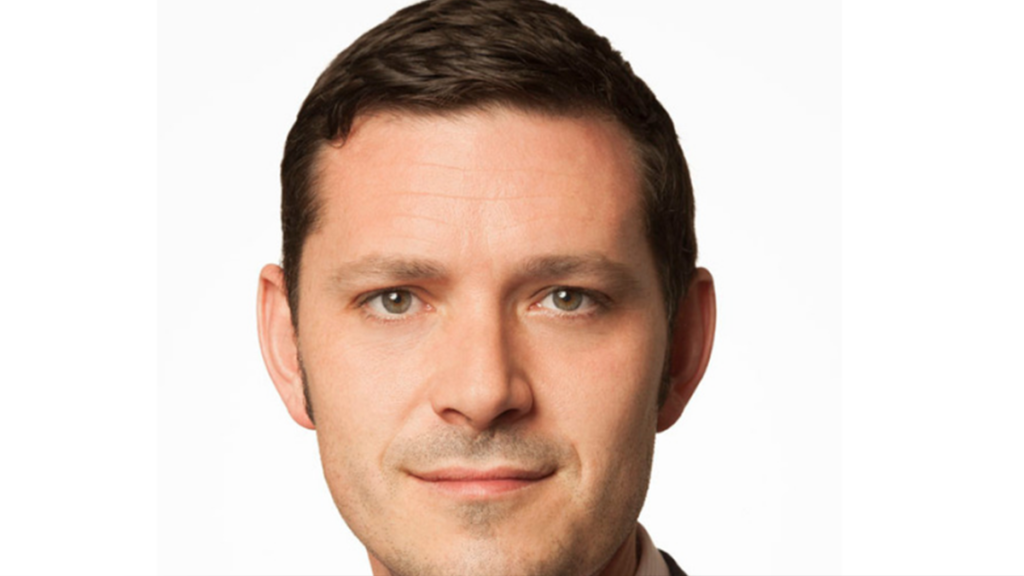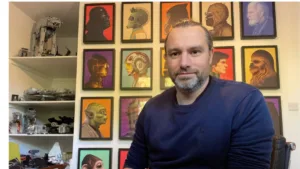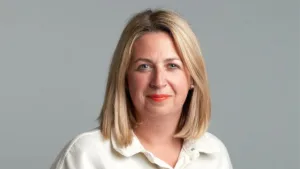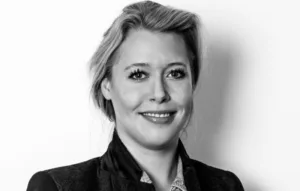By Justin Taylor, Managing Director UK at Teads and a regular columnist for NDA
Around about now, the industry should (still) be nursing a collective hangover following the frenzy of advertising’s biggest celebration of creativity, Cannes Lions, itching for August and the hope of a summer break.
This year all was not rosé (pun intended), with adland and marketing facing their most challenging times ever: budgets are down, staff have been furloughed, business is suffering.
The pandemic has forced us all into a rethink of how we operate and what we stand for. After a frenetic first few weeks of this crisis, when plans were ripped up and rewritten – often daily, a period of reflection and pause seems to have taken hold.
I doubt Cannes will ever be the same again; I doubt the industry would want it to be. In recent years there have been rumblings that the festival was too exclusive, an all-expenses shindig for those wanting to wine and be dined at the Carlton Terrace. That ‘advertising’ was at risk of being overshadowed by the tech platforms’ fringe parties and events. That ‘celebrity’ stole the headlines, with A-Listers and reality stars topping the bills.
And that’s all true – to a certain extent, though it belittles the great good the festival does for our industry. Cannes at its best is about networking; sharing; listening; learning. The setting and resetting of relationships. I hope the festival of the future embraces this, discarding some of the superfluous window dressing, though not all of the fun.
It’s also what I hope for the industry at large, every single day, not for one glorious week in June. We’ve certainly seen evidence of this new reflective mood. An enforced lockdown has prompted us all to not just adopt new ways of working and being, but to embrace them.
Conversations with clients are more inclusive, engaging, supportive and consultative – on both sides of the fence. We’re working our way through this new world together, and together we’re reassessing what we want the future to look like.
The seeds had already been sown: at Cannes last year the Global Alliance for Responsible Media launched to fight for digital safety. Teads supported this call to action for more collective responsibility together with advertisers, agencies and the big tech platforms.
It’s now a necessity. Brand safety has to be every business’s biggest responsibility – we owe it to our customers and wider society. The pandemic has put safety and responsibility front and centre; consumers are demanding action – not pithy proclamations, and the industry must respond accordingly.
Take the #BlackLivesMatter movement, which gained momentum following the death of George Floyd at the hands of the police, and is now demanding equality and action in every area of life. Or the need to be able to determine the fact from the fake around Covid-19 – trusted information that might well be the difference between life and death.
It’s why so many big brands – some 400 at the last count – are pulling or pausing their spend on some of the social platforms as they recalibrate. We know that those same platforms are promising reform, but it does shine a light on the very real differences in digital media. At its starkest, platforms publish without fear or favour, while professional publishers and trusted newsbrands are bound by rules and regulations aimed at protecting their readers and viewers.
This is not a polemic against social media, which continues to work – and work well – for many advertisers, but to say that all digital is not equal. It’s high time we appreciated and supported the wider ecosystem, for the good of the industry, its users and society at large. Time to acknowledge that context and content matter as much as, often more, the cost per click or conversion. That trust and transparency are vital in the age of responsible advertising.
This pandemic has compelled those advertisers and agencies to re-evaluate their business-critical priorities and move away from commoditization at all costs. Brand safety, purpose and responsibility must be our watchwords. Relationships are being reset for the better.
And the conversations we’re having seem to suggest this desire is widespread: that the shock of the crisis has been the catalyst for the change that many were already calling for.
Our industry matters – let’s make it matter more.









